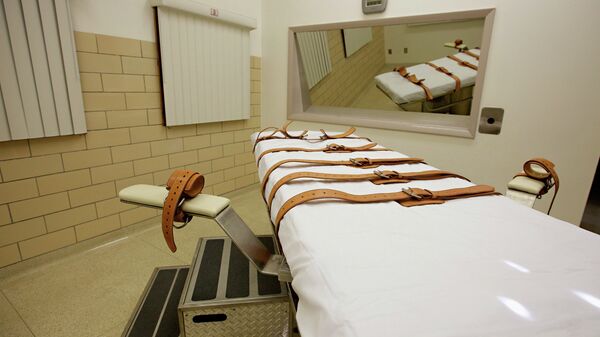Cole’s supporters said the attack was out of character for him and "a one-time thing" and that he didn’t deserve the death penalty. They also petitioned to the nation’s highest court on his behalf for clemency, saying he was mentally ill and unfit for execution. The Supreme Court turned down that and several other petitions.
Missouri Governor Jay Nixon also turned down a clemency petition that called Cole’s conviction into question because it was made by an all-white jury and Cole was black.
Cole and his wife had been married for 11 years and had two children before divorcing in 1995. They fought about visitation with the children and he was upset that he had to pay child support. His wages were garnished after he was $3,000 behind in payments by 1998. One of his coworkers later told authorities that Cole had said "Before I give her another dime, I’ll kill her."
He showed up at his ex’s house hours after the first deduction appeared in his paycheck, and forced his way in by throwing a tire jack through a glass door. He was confronted by his wife’s friend and stabbed him repeatedly, then his ex-wife. He fled the state but surrendered a month later, claiming at his trial that his ex-wife’s friend had started the attack with a knife.
The American Civil Liberties Union (ACLU) contends that prosecutors in St. Louis County unfairly prohibit black jurors from hearing a death penalty case involving a black suspect, an allegation the state dismissed as unfounded.
Missouri is tied with Texas for the most executions and is on track for breaking a record this year if the current trend continues.



